Tesla’s 2020 Impact Report shows why an “ecosystem” of products is key to addressing climate change
Teslarati
AUGUST 9, 2021
Tesla’s 2020 Impact Report highlighted a number of key aspects of the company’s business, from its plans for the future to the rationale behind its focus on developing an ecosystem of products. In 2020, Tesla customers helped accelerate the world’s transition to sustainable energy by avoiding 5.0

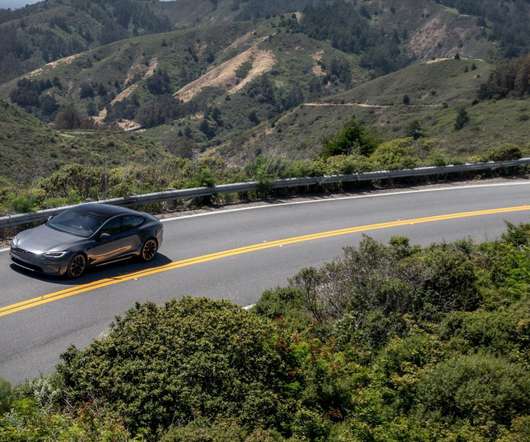







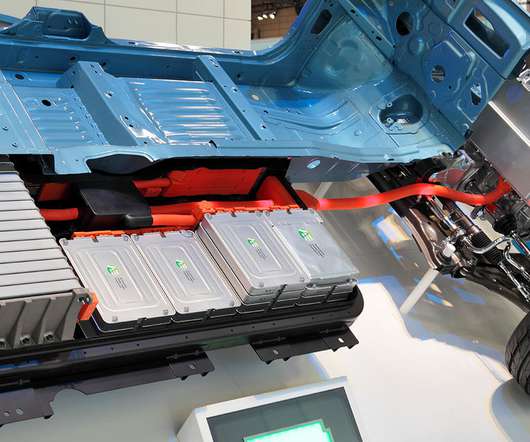
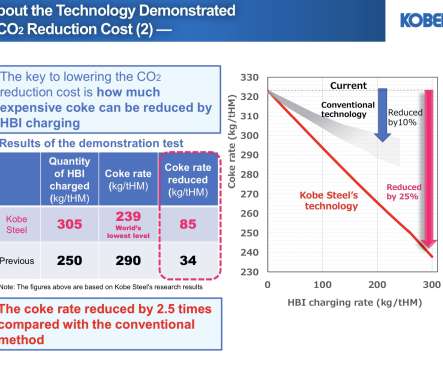
















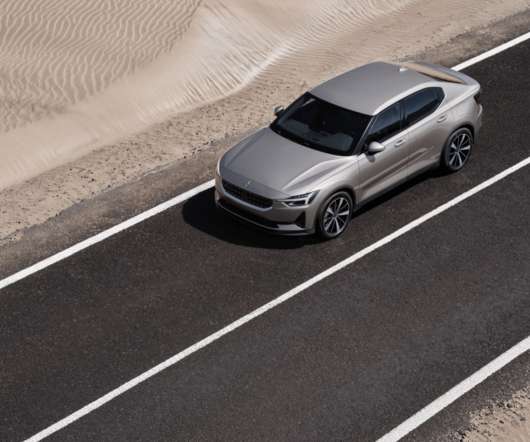
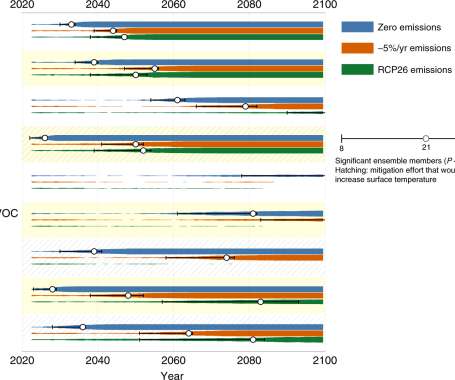

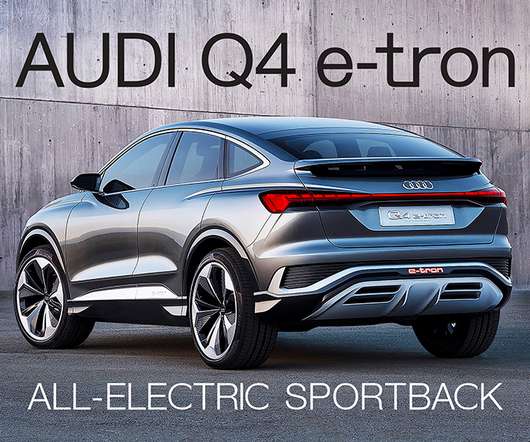











Let's personalize your content